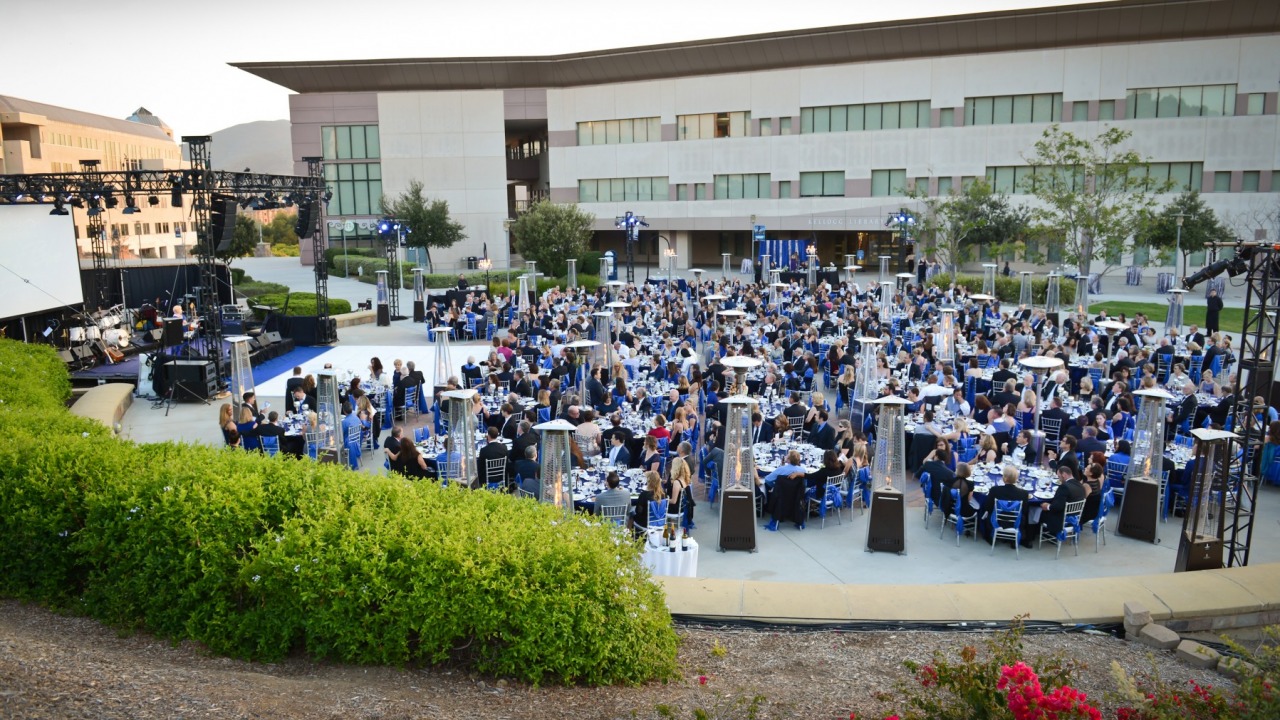Three reasons my student group is suing my school

Written by Nathan Apodaca, President of Students for Life at CSUSM.
Last month, the Students for Life chapter at California State University San Marcos (CSUSM) filed a lawsuit against university administrators and members of the CSUSM Associated Students, Incorporated (ASI).
As one of the members of that student group, I want to explain the reasoning behind the litigation and the need for students to stand up for what is right. Here are three reasons legal action was necessary:
1. We Want to Ensure Equal Access to the Same Exact Resources for All Students
The ASI collects a mandatory student activity fee from every student, and recently voted to increase the fees collected from $50 per student to $75. The problem is that ASI officials have a virtually unchecked way of distributing the funds that are collected. The very point of mandatory student activity funding is to foster the exchange of ideas. But that is not happening at CSUSM. What is happening is quite the opposite.
You see, the ASI will not give funding to student organizations who would wish to pay for a speaker to come to campus—this is specifically stated in the application for leadership funding. A student-run organization, such as Students for Life, can only request up to $500 per semester and up to $1,000 if the event is co-sponsored with another student organization.
However, two groups on campus – the LGBTQ Pride Center and the Gender Equity Center – have the special privilege of using their ASI funds to bring speakers to campus. They also received more than $296,000 in funding from the ASI over a one-year period.
Other student groups on campus don’t receive nearly the amount of support that these two centers do. For instance, in the 2016-2017 academic year, ASI allocated only $38,629 to the more than 100 different student organizations for the semester. If we do the math, if every single student group at CSUSM requested the maximum amount of $500, the leadership fund pool would come up short approximately $12,000. It doesn’t take a congressional budget committee to see the problem.
2. All Students on Campus Benefit from Exposure to a Variety of Viewpoints
Every student pays $75 a semester to fund all sorts of organizations that advocate all sorts of viewpoints. If each student pays the same amount of money to finance speech by campus groups, then every student group should receive equal access to funds to promote their message. If, for example, one student group invited Dr. Cornel West to come and give a lecture, then why couldn’t other students request that ASI also sponsor a talk by Dr. Robert P. George, a friend of Dr. West who disagrees with him on certain issues? Wouldn’t we all benefit from such a diversity of speakers on campus?
The Students for Life chapter at CSUSM believes that everyone at the university stands to benefit from being able to have their viewpoints be given a fair hearing in public. Those who would refuse viewpoint diversity are the ones who would really miss out on the opportunity to share in the exchange of ideas. When the community lacks the ability to exchange and promote ideas freely and equally, and instead only promotes the viewpoints of a select few, then we have a truly unjust society.
3. The Supreme Court Has Already Declared that Mandatory Student Fees Must Be Used in a Viewpoint Neutral Fashion
In Board of Regents of the University of Wisconsin System v. Southworth, Justice Kennedy wrote: “The First Amendment permits a public university to charge its students an activity fee used to fund a program to facilitate extracurricular student speech if the program is viewpoint neutral.”
A policy that discriminates against certain viewpoints violates this principle.
This is why, when the Students for Life group at CSUSM decided to bring in well-known pro-life speaker Dr. Mike Adams, to present the argument against elective abortion, and be able to respond to questions of the pro-life view persuasively and compassionately, we had every reason to expect to funding approval. Instead, university officials denied us funding.
Meanwhile, it seems the university had no problems funding events put on by the LGBT Pride Center and the Gender Equity Center – events such as the “Pleasure Party” (where students could learn to increase the “pleasure” their “partners” have) and “Kink 101” (an “interactive seminar” where a professional “sexologist” taught bondage, domination, sadism, and masochism). The Gender Equity Center also hosted a pro-choice event, “A Feminist History of Reprodcutive Rights.”
What ASI sees as the most important ideas for students to hear is painfully obvious.
CSUSM repeatedly touts itself as supporting individual and cultural diversity, and respecting multiple perspectives. But it’s clear that university officials are more interested in promoting certain viewpoints over others.
Our case is aimed at changing these things and promoting equal access to the same sources of funding for everyone who is required by ASI to pay these mandatory fees. Put simply: If you are required to pay a fee used to promote ideas, you should be able to have your ideas promoted equally, regardless of who you are or what you believe.